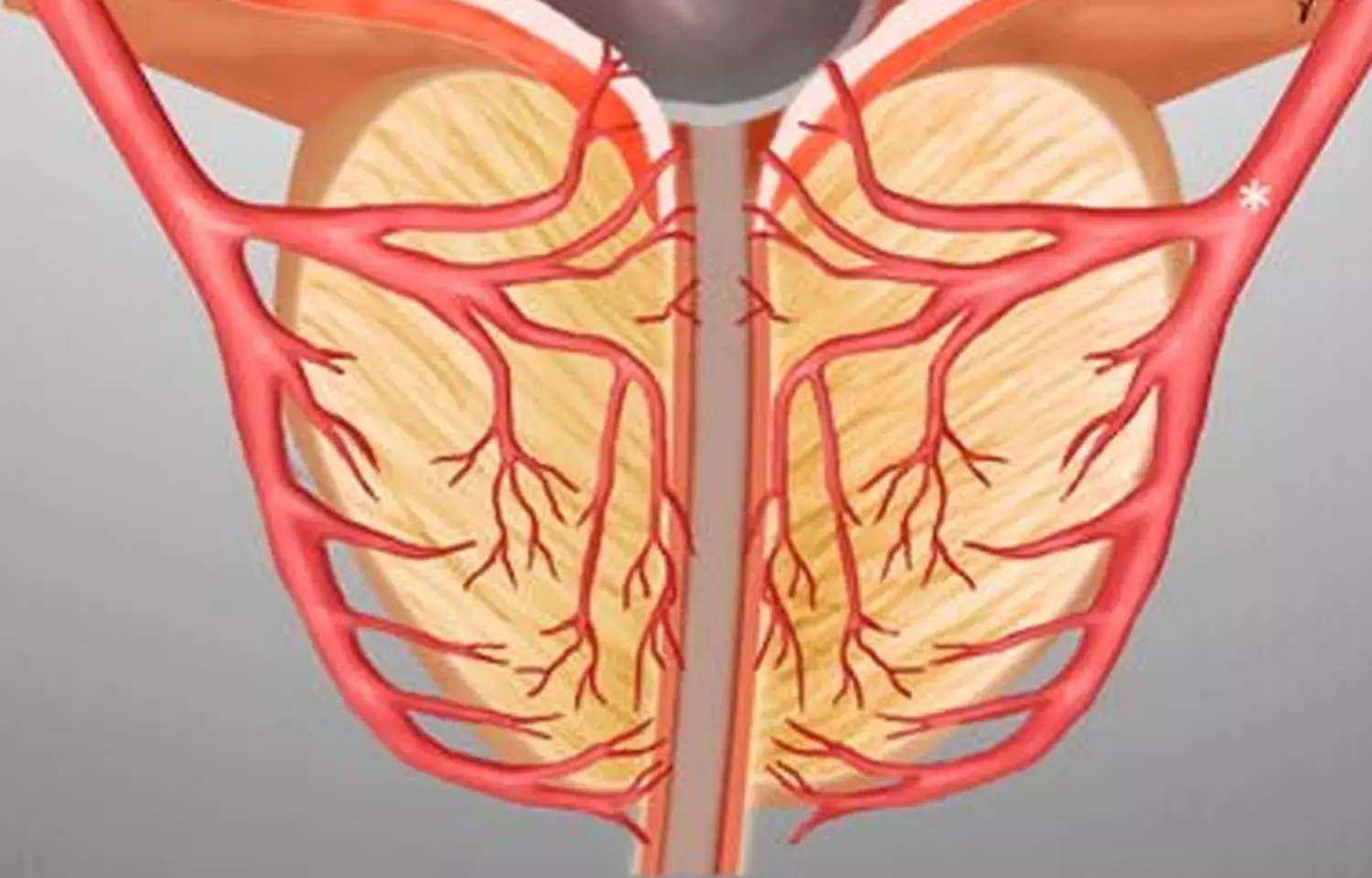- Home
- Medical news & Guidelines
- Anesthesiology
- Cardiology and CTVS
- Critical Care
- Dentistry
- Dermatology
- Diabetes and Endocrinology
- ENT
- Gastroenterology
- Medicine
- Nephrology
- Neurology
- Obstretics-Gynaecology
- Oncology
- Ophthalmology
- Orthopaedics
- Pediatrics-Neonatology
- Psychiatry
- Pulmonology
- Radiology
- Surgery
- Urology
- Laboratory Medicine
- Diet
- Nursing
- Paramedical
- Physiotherapy
- Health news
- Fact Check
- Bone Health Fact Check
- Brain Health Fact Check
- Cancer Related Fact Check
- Child Care Fact Check
- Dental and oral health fact check
- Diabetes and metabolic health fact check
- Diet and Nutrition Fact Check
- Eye and ENT Care Fact Check
- Fitness fact check
- Gut health fact check
- Heart health fact check
- Kidney health fact check
- Medical education fact check
- Men's health fact check
- Respiratory fact check
- Skin and hair care fact check
- Vaccine and Immunization fact check
- Women's health fact check
- AYUSH
- State News
- Andaman and Nicobar Islands
- Andhra Pradesh
- Arunachal Pradesh
- Assam
- Bihar
- Chandigarh
- Chattisgarh
- Dadra and Nagar Haveli
- Daman and Diu
- Delhi
- Goa
- Gujarat
- Haryana
- Himachal Pradesh
- Jammu & Kashmir
- Jharkhand
- Karnataka
- Kerala
- Ladakh
- Lakshadweep
- Madhya Pradesh
- Maharashtra
- Manipur
- Meghalaya
- Mizoram
- Nagaland
- Odisha
- Puducherry
- Punjab
- Rajasthan
- Sikkim
- Tamil Nadu
- Telangana
- Tripura
- Uttar Pradesh
- Uttrakhand
- West Bengal
- Medical Education
- Industry
Prostatic artery embolization may do away with catheterization need in AUR patients: Study

China: Prostatic artery embolization (PAE) can be used for achieving freedom from catheterization in patients with acute urinary retention (AUR) caused by benign prostatic hyperplasia (BPH), reveals a recent study.
The study findings, published in the Journal of Vascular and Interventional Radiology, suggest that Prostatic artery embolization (PAE) may offer an alternative to traditional cytoscopic techniques.
Hai-Bin Shi, the First Affiliated Hospital of Nanjing Medical University, Nanjing, Jiangsu, China, and colleagues aimed to determine the ability of prostatic artery embolization to achieve freedom from catheterization in patients with acute urinary retention caused by benign prostatic hyperplasia.
For this purpose, the researchers performed a retrospective single-center study between June 2014 and March 2019 in patients with lower urinary tract symptoms (LUTS) caused by BPH. PAE was performed in 154 eligible patients, of which 76 suffered from spontaneous AUR and had indwelling catheters placed and kept until the procedure, owing to clinical failure in the removal of the previous intermittent catheter. The patients were followed for at least 12 months.
The first trial without catheter was performed 3 days after PAE. Successful catheter removal within the first 30 days after PAE was considered a clinical success. The rate of patients free from catheterization, LUTS relief, prostate volume, and adverse events was recorded.
Key findings of the study include:
· Clinical success was achieved in 92.1% patients.
· The rates of freedom from catheterization were 90.3%, 83.3%, and 80.6% at 3-, 6-, and 12-months follow-up, respectively.
· The median elapsed time from PAE to catheter removal was 10 days. However, 18 patients needed further interventions.
· Symptom scores revealed a continuous improvement in urinary symptoms.
· The mean prostate volume showed a statistically significant decrease at 3 and 12 months compared with its baseline value. No severe adverse events occurred.
Our findings show that Prostatic artery embolization (PAE) can achieve freedom from catheterization in patients with acute urinary retention (AUR) caused by BPH, concluded the authors.
Reference:
The study titled, "Prostatic Artery Embolization to Achieve Freedom from Catheterization in Patients with Acute Urinary Retention Caused by Benign Prostatic Hyperplasia," is published in the Journal of Vascular and Interventional Radiology.
DOI: https://www.jvir.org/article/S1051-0443(21)00934-9/fulltext
Dr Kamal Kant Kohli-MBBS, DTCD- a chest specialist with more than 30 years of practice and a flair for writing clinical articles, Dr Kamal Kant Kohli joined Medical Dialogues as a Chief Editor of Medical News. Besides writing articles, as an editor, he proofreads and verifies all the medical content published on Medical Dialogues including those coming from journals, studies,medical conferences,guidelines etc. Email: drkohli@medicaldialogues.in. Contact no. 011-43720751


